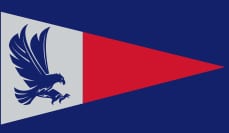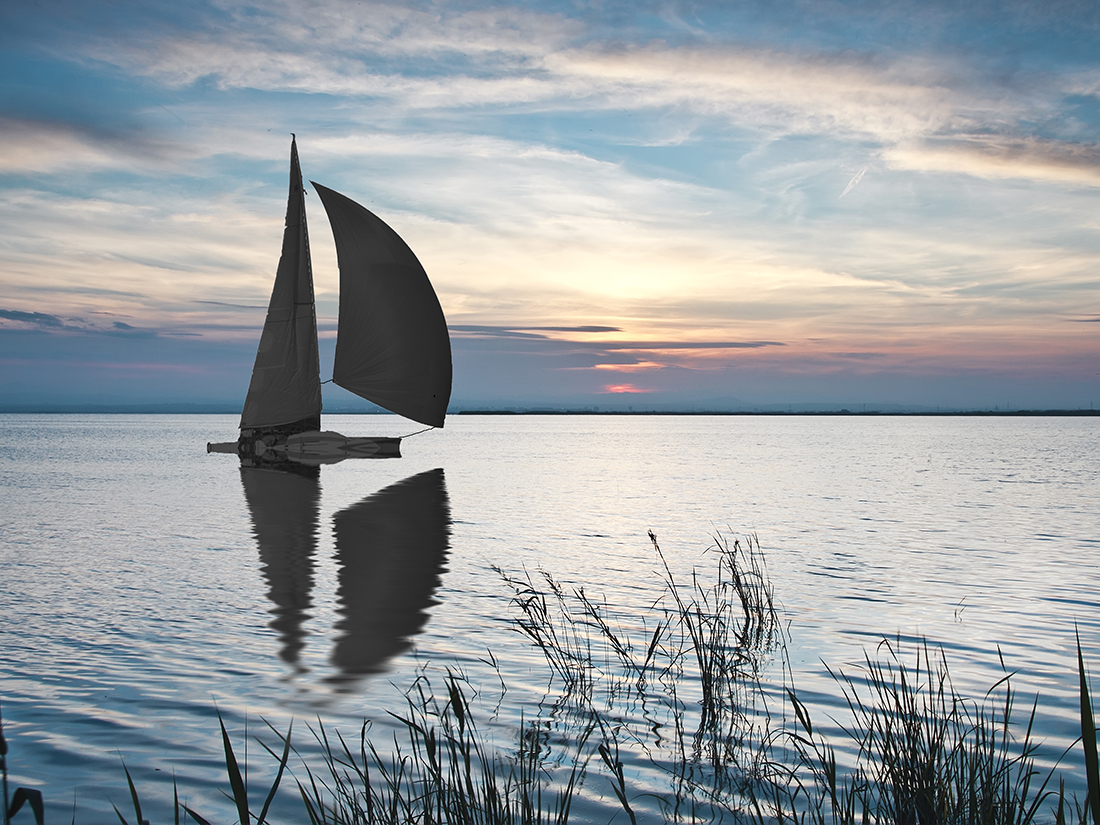As sailors we would all like to look after the environment that we enjoy as recreational boaters. As a club – and without getting too holier-than-thou about it, we would like to encourage members to make our world that little bit cleaner.
Soaps, detergents and bleaches, used in the galley and sea-toilet, contain phosphates which, when released in water, act as a fertiliser and can cause algal blooms leading to oxygen depletion which can suffocate aquatic life.
We all know that sometimes elbow grease is just not enough to get a boat looking spick and span, however there are an enormous range of products on the market to help with the cleaning required. Whether we clean Eagle in the water or on land, boat cleaning products will end up in the coastal and marine environment.
You will have noticed Ecover or similar ‘friendly’ products onboard for the last couple of years, this is the very least we can do, so please ensure that all hand, dish soap, or cleaning products that you use for charters are aquatic toxicity approved. Further information can be found online, and supermarkets stock many products.
There is also an increasing number of ‘environmentally-friendly’ cleaning products, for use on the hull, and these will be used wherever available. The Green Blue has a wide range of practical advice which is easy to put into practice and can be found on their website. To find out more about specific ‘environmentally friendly’ products you can visit the Green Directory where you will find information on a wide range of products which will help you reduce your impact on the environment.
Recycling whilst onboard is also something that we can do easily and most marinas now provide separated bins, or you can store onboard until you reach Universal Marina.
Marine litter consists of a wide range of materials, including plastic, metal, wood, rubber, glass and paper, however it is dominated by plastic which accounts for 80% of all marine pollution and around 8 to 10 million tons of plastic end up in the ocean each year. It is also estimated that more than 1 million birds and thousands of marine mammals and turtles die every year from entanglement, or ingestion of plastics alone.
• Follow the four Rs – Reduce, Reuse, Repair, Recycle.
• Avoid using single use plastics. Refill re-usable bottles instead. For example ask your crew to bring their own drinking bottle and refill from one large water bottle that can be refilled at home rather than purchasing lots of small plastic bottles.
• Avoid products that may contain micro-plastics e.g. exfoliants and other cleaning products. An ingredient to look out for is ‘polyetheylene’.
• Don’t contaminate waste and recycling by throwing items in the wrong bins e.g. paint tins and oily rags need to be disposed of in hazardous waste.
• Don’t throw anything overboard, even orange peel can take up to 2 years to biodegrade.
• Secure items onboard to prevent anything falling.
Many thanks
SESC Committee


